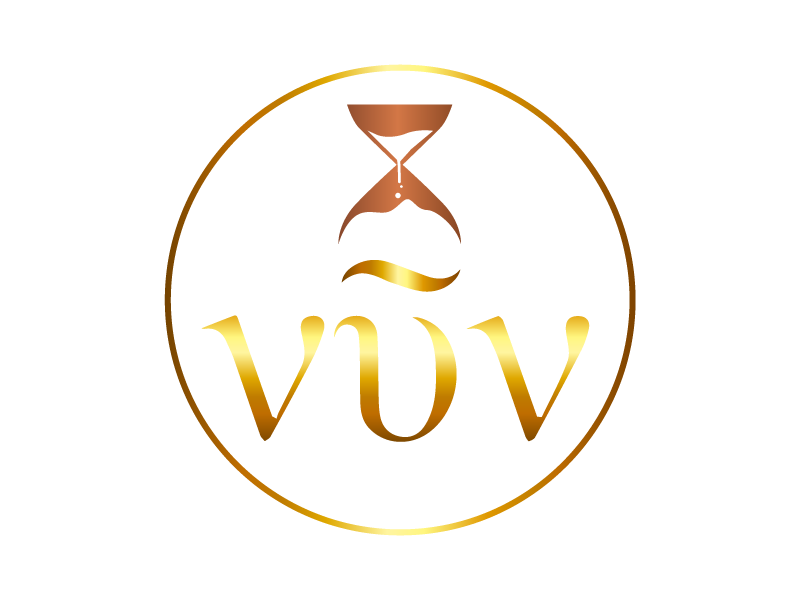Time is an interesting dichotomy. On one hand, as humans, we are fascinated with it—just look at how many movies deal with time, time travel, and time manipulation. Our days and schedules are centered around time, as we block off portions of the day to do certain tasks and we dedicate other portions of the day to complete other tasks. Our vernacular revolves around time as we communicate using time as a key indicator. This concept of time has been the center of many philosophical debates, going back to the beginning of the ages up until our present climate.
And while time is very enchanting, to many people, it is also very nerve wrecking. After all, time is an inevitable constant. Time simply is. It doesn't "do" anything as it doesn't have any ability within itself. It exists. Sometimes in the background. Sometimes in the forefront. Sometimes lurking—stocking its oblivious prey. Sometimes reminding—evoking tears of regret or the pride of accomplishment. Sometimes it prods and pushes—motivating the procrastinator or challenging the diligent. Time might as well be the Terminator—after all, it's "out there. It can’t be reasoned with. It doesn’t feel pity, or remorse, or fear. And it absolutely will not stop, ever, until you are dead!”
A concept so grand—not fully tangible but not fully ethereal either. Still, we've all felt the effects of time. Nevertheless, a degree of uncertainty attaches itself to time like a remora fish on a Great White. This is what causes so many to fret—uncertainty. But while we don't know what time holds, we do know who holds time.
Almost everybody can recite Genesis 1, "In the beginning God created the heavens and the earth." This statement is very rich with theology. Deductive reasoning allows us to conclude that prior to that moment in Genesis 1:1, nothing existed—except God, which means God is eternal and preexisted time. Psalm 90:2 says, "Before the mountains were born, before you gave birth to the earth and the world, from eternity to eternity, you are God.” This also means that God is the creator of time and He exists outside the limits of time.
Furthermore, the Bible also makes it clear that there will be "last days" (for example, see Ezekiel 38:16; Daniel 2:28; Hosea 3:5; Matthew 13:39; 1 Corinthians 10:11; and Hebrews 1:2). That is, there will be an end to "time" as we know it. And as vacillating as time can be, in the end, there will be no uncertainty, ambiguity, or equivocation. 1 Corinthians 15:24 says, "Then comes the end, when he hands over the kingdom to God the Father, when he abolishes all rule and all authority and power." Time is marching towards a finish line which will be realized when Christ returns. And when that day comes, time will cease, the universe will pass away, pain and suffering will disappear, fear will fade, and death will vanish into thin air. The question is, will you be ready on that day?
Don't wait. Don't think you have all the time in the world. Don't keep putting things off until tomorrow—especially a decision to trust in Jesus Christ as your Lord and savior. Do it now. After all, time is moving. Are you?

